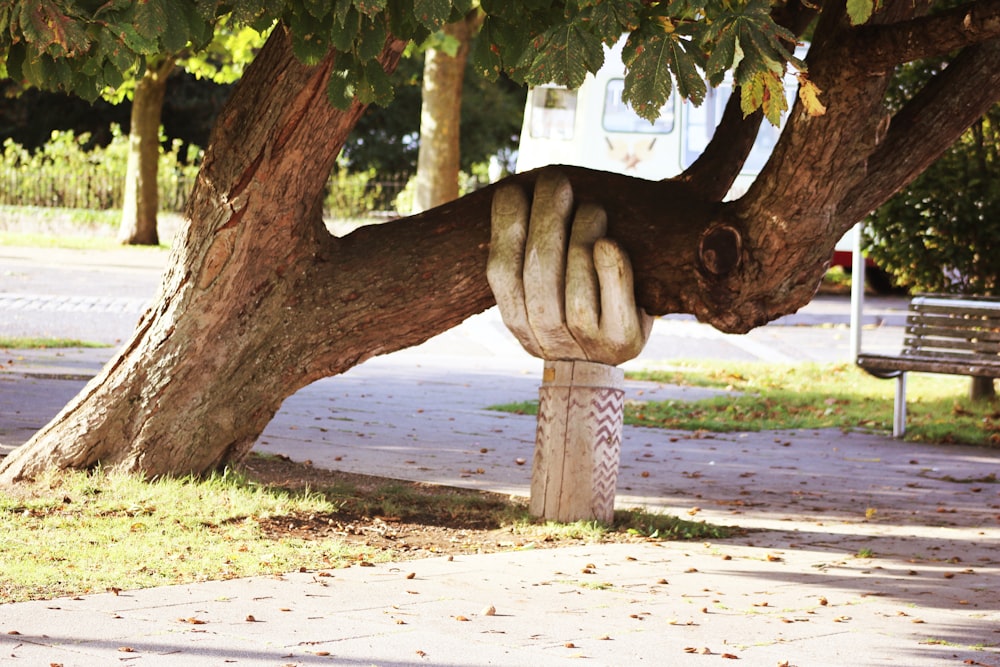No one ever said that life was going to be easy. Most people go through tough times and experience trauma at some point in their life. But just because something terrible happens doesn't mean you have to let it define you or control your life. There is hope for healing and moving on from even the most difficult experiences.
Here are six powerful strategies.
IDEAS FROM ME
Acknowledge What Happened

The first step in trauma healing is acknowledging what happened. This can be difficult, especially if the event was painful or traumatic. But remember that you are not responsible for what happened and it is not your fault. Acknowledging the event will help you process it and start the healing process.
Talk About What Happened
Talking about the event can be difficult, but it is an essential step in healing. Talking openly and honestly about what happened will help you to make sense of the experience and begin to work through your emotions. Talking to a professional can be especially helpful, as they can provide support and guidance during this difficult time.
Allow Yourself to Feel Your Emotions
It's normal to have uncomfortable emotions after experiencing trauma. For example, you may feel scared, helpless, or alone. However, allowing yourself to feel these emotions and not bottle them up inside is essential. Crying, journaling, or speaking to a friend can all be helpful outlets for processing your feelings.
Seek Social Support

Stick with folks who care about you and want to help you heal. These people can provide emotional and practical assistance as you recover from the trauma. Family, friends, life coaches, and therapists can all be part of your support system during this time.
Take Care of Yourself
Taking care of yourself is vital after experiencing trauma. This means eating healthy foods, getting enough sleep, and exercising regularly. Caring for your physical health will help you feel stronger and more capable of dealing with your challenges.
Find Meaning in the Experience

It's often difficult to find positive aspects of a traumatic experience, but looking for meaning in the event can be helpful. You don’t have to be grateful for what happened. Instead, you can find strength in how you have responded to the trauma. Finding meaning in your experience can help you move forward and start rebuilding your life.
Healing from trauma is a complex process, but it is possible. Using the strategies above, you can begin healing the wounds of trauma and start living a fuller, happier life. Remember, you’re not alone on this journey called life. There is support available to help you through it.
QUOTE FROM OTHERS
“As every therapist will tell you, healing involves discomfort. But so is refusing to heal. And over time, refusing to heal is always more painful.” — Resmaa Menakem
“Healing happens when you’re triggered and you’re able to move through the pain, the pattern, the story and walk your way to a different ending.” — Vienna Pharaon
“There is no one way to recover and heal from any trauma. Each survivor chooses their own path or stumbles across it.” ― Laurie Matthew
HOMEWORK:
If you are currently in the process of healing from a traumatic experience, how did you find the strategies mentioned above?
See you in class,

-Dante

-Dante


 English
English 日本語
日本語 中文(简体)
中文(简体) 中文(繁體)
中文(繁體) 한국어
한국어 Italiano
Italiano español
español Deutsch
Deutsch Русский
Русский




